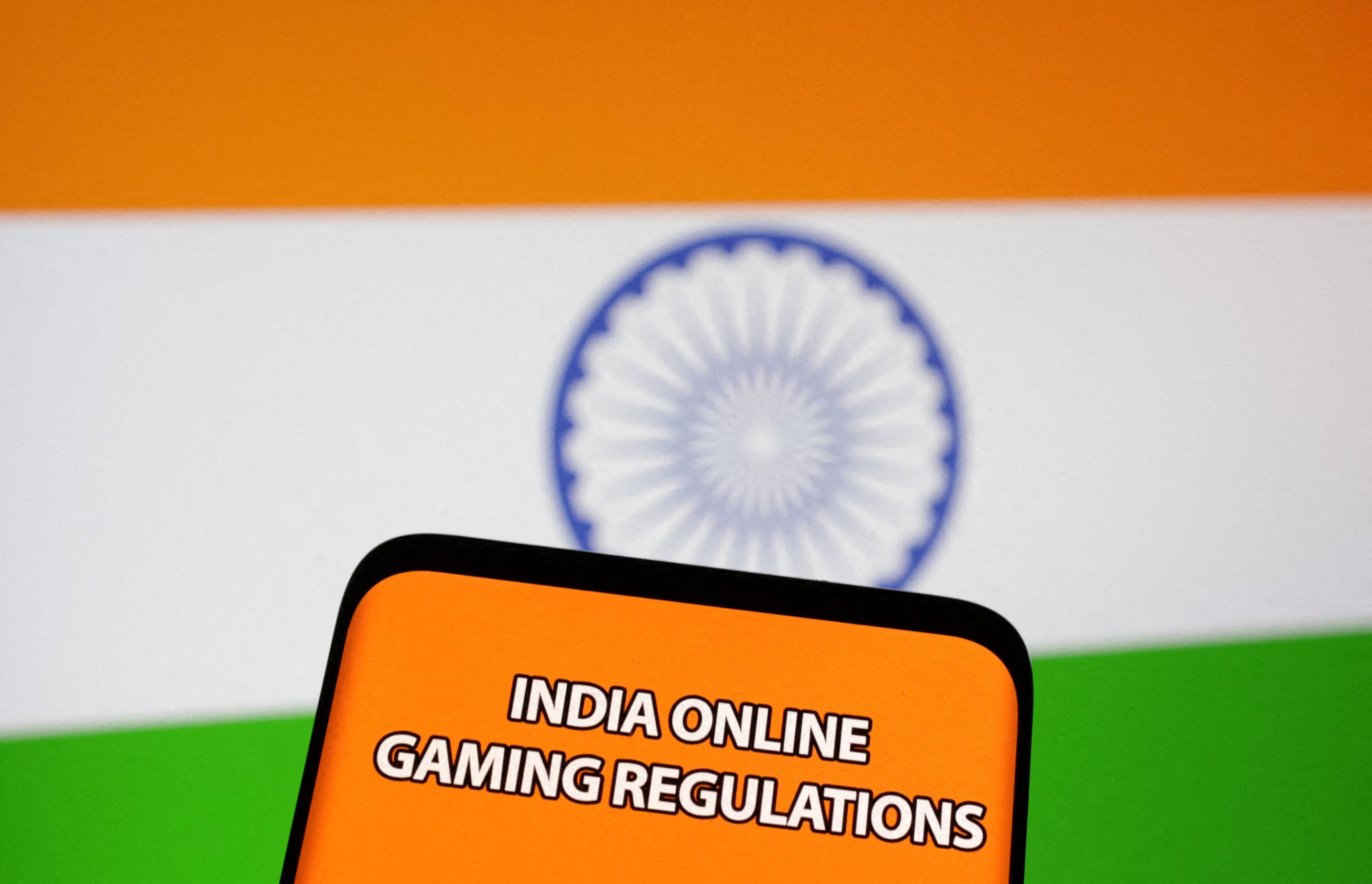This action comes from a steady push to tackle illegal gambling ads, focusing mainly on Swedish audiences reached through online channels.
Key Points
- The Swedish Gambling Authority stepped in when influencers promoted unlicensed gambling on Twitch.
- After being monitored, all involved influencers stopped their undeclared advertising.
The Swedish Gambling Authority, known as Spelinspektionen, announced that several influencers have stopped advertising illegal gambling because of direct supervision by the regulator. Officials made this move to fight against unlawful gambling promotions, targeting especially web content that reaches Swedish people through global platforms.
Spelinspektionen explained that those influencers were sharing links and ads for unlicensed casino brands via Twitch, a site very popular with younger viewers. According to the Swedish Gambling Act (2018:1138), it is not allowed to market gambling services to Swedish customers unless the operator has an official Swedish license.
Regulatory checks revealed these influencer ads broke national rules, so direct contact from Spelinspektionen was needed. The influencers who got supervised have now ended these partnerships and stopped the offending ads. No fines or sanctions are reported at this moment, but the Authority clearly stated it will keep watch and continue enforcement.
Good to Know
For 2025, the Swedish Gambling Authority made youth gambling a big target in its official annual plan for regulatory work. Agents now keep a close eye on social media influencers and other digital promoters, aiming to block illegal ads and limit risky content to younger or vulnerable people.
Sweden’s approach is part of a wider global push for tougher rules on influencer marketing within the gambling sector. Kenya, for example, just started a new policy through the Betting Control and Licensing Board, which bans celebrities, media influencers, and content creators from advertising any betting services. These strict Kenyan rules are meant to stop the glamorisation of gambling and reduce its reach among children and other at-risk individuals.

 Companies
Companies 





